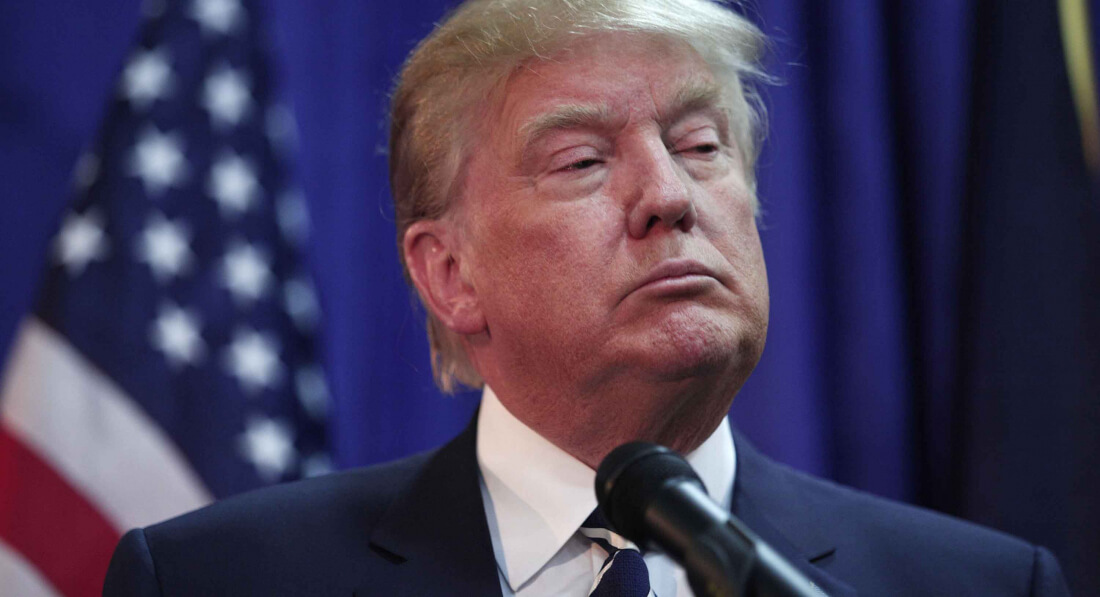The disconnect between Donald Trump and Silicon Valley is likely to widen as his administration has drafted an executive order that intends to overhaul the work-visa programs that various technology companies rely on to hire tens of thousands of employees each year.
According to a draft of the order obtained by Bloomberg, the proposed changes affect a number of visa programs including H-1B, L-1, E-2 and B1. Full details are unknown at this point but the intention is to tighten requirements so that businesses are compelled to hire American first, and if they recruit foreign workers, priority would be given to the most highly paid.
Foreign work visas were originally established to help U.S. companies recruit from abroad when they couldn't find qualified local workers. The program indeed serves its intended purpose when companies hire for highly technical positions in STEM (Science, Technology, Engineering, Math) fields. However, Bloomberg references allegations that the programs are also frequently abused to bring cheaper workers from overseas.
The top recipients of the H-1B visas doing this are reportedly outsourcers from India like Infosys and Wipro, who run the technology departments of large corporations with largely imported staff.
"Our country's immigration policies should be designed and implemented to serve, first and foremost, the U.S. national interest," the draft proposal reads. "Visa programs for foreign workers ... should be administered in a manner that protects the civil rights of American workers and current lawful residents, and that prioritizes the protection of American workers."
It's not clear if the draft seeks to reduce the number of workers allowed to enter under such programs (currently 85,000 per year) of if will make it harder to get applications approved. However the concern is that it could also stifle innovation by limiting talent coming from abroad.
The Trump administration is already under heavy criticism over its recent move to ban refugees from seven predominantly Muslim nations. Companies including Google, Facebook, Microsoft and others have rejected the ban claiming it violates the country's principles. Some of them also helped the American Civil Liberties Union raise over $24 million in online donations this weekend alone to fight the ban.
